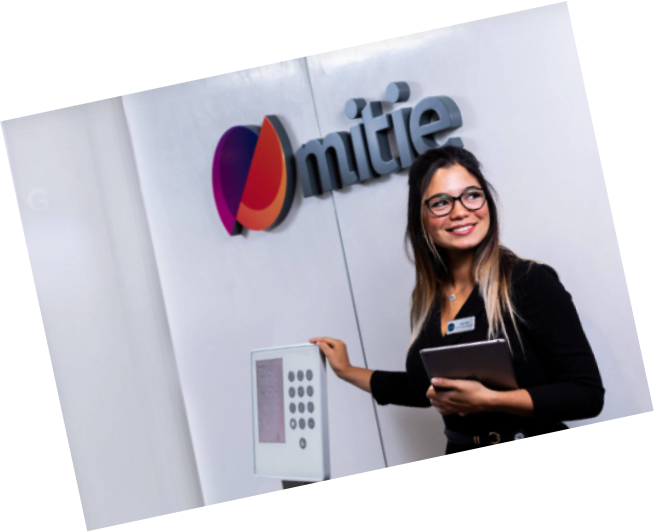Over the past 18 months, the media has been awash with stories about the environment, social justice and ethics.
Now, people expect brands to get on board and help them navigate choppy waters, swerve into new ideas and forge ahead on the issues that matter.




